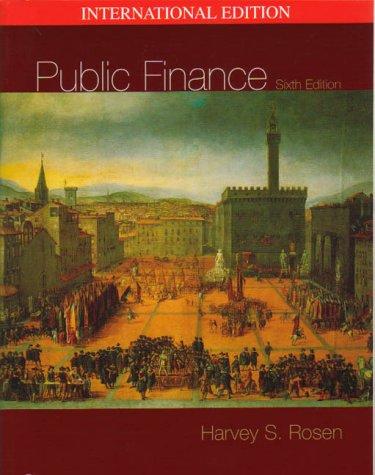Question
About a Forward Rate Agreement (FRA), a borrower and a lender lock the interest rate of a loan that will be made at a future
About a Forward Rate Agreement (FRA), a borrower and a lender lock the interest rate of a loan that will be made at a future date. Let's say the borrower and the lender respectively plan to borrow and invest for a 90-day period in 30 days. They, therefore, settle an FRA with a settlement date in 30 days. Either the borrower or the lender will pay the difference between the floating rate and the fixed interest rate at the settlement date ie in 30 days ie the day they will each borrow or lend with a loan.
What I don't understand is why the payment is made on the day the loan is subscribed? Because there is no interest payment made for either loan on that day, it makes no sense to make the FRA payment at the exact date when the loan actually starts. Can you explain it in your own words? Thank you.
Step by Step Solution
There are 3 Steps involved in it
Step: 1

Get Instant Access to Expert-Tailored Solutions
See step-by-step solutions with expert insights and AI powered tools for academic success
Step: 2

Step: 3

Ace Your Homework with AI
Get the answers you need in no time with our AI-driven, step-by-step assistance
Get Started


